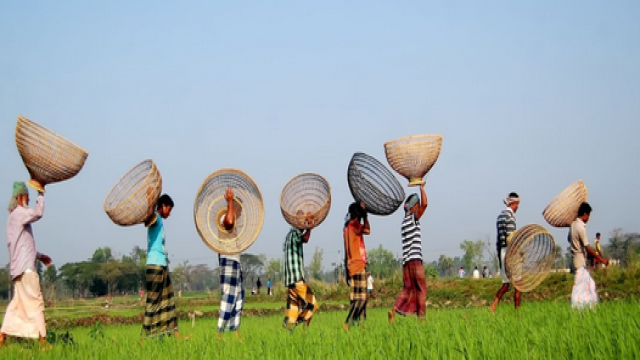Dhaka ranked 13th among cities worldwide with the worst air quality, recording an Air Quality Index (AQI) score of 97 at 9:00 am today. The city's air was classified as 'moderate' on Wednesday, as per the air quality index.
In comparison, Pakistan's Lahore, Indonesia's Jakarta, and China's Beijing occupied the top three spots on the list, with AQI scores of 198, 166, and 164, respectively.
The AQI is an index used for reporting daily air quality, informing people about the cleanliness or pollution level of the air in a specific area and its potential health effects. An AQI value between 50 and 100 signifies 'moderate' air quality, 101-150 is 'unhealthy for sensitive groups', 150-200 is 'unhealthy', 201-300 is 'very unhealthy', and 301+ is 'hazardous', posing severe health risks.
In Bangladesh, the AQI is measured based on five pollutants: particulate matter (PM10 and PM2.5), nitrogen dioxide (NO2), carbon monoxide (CO), sulfur dioxide (SO2), and ozone.
Dhaka has long struggled with air pollution, which typically worsens during winter and improves during the monsoon season. According to the World Health Organization (WHO), air pollution is responsible for an estimated seven million deaths annually, primarily due to increased mortality from stroke, heart disease, chronic obstructive pulmonary disease, lung cancer, and acute respiratory infections.































Comment: